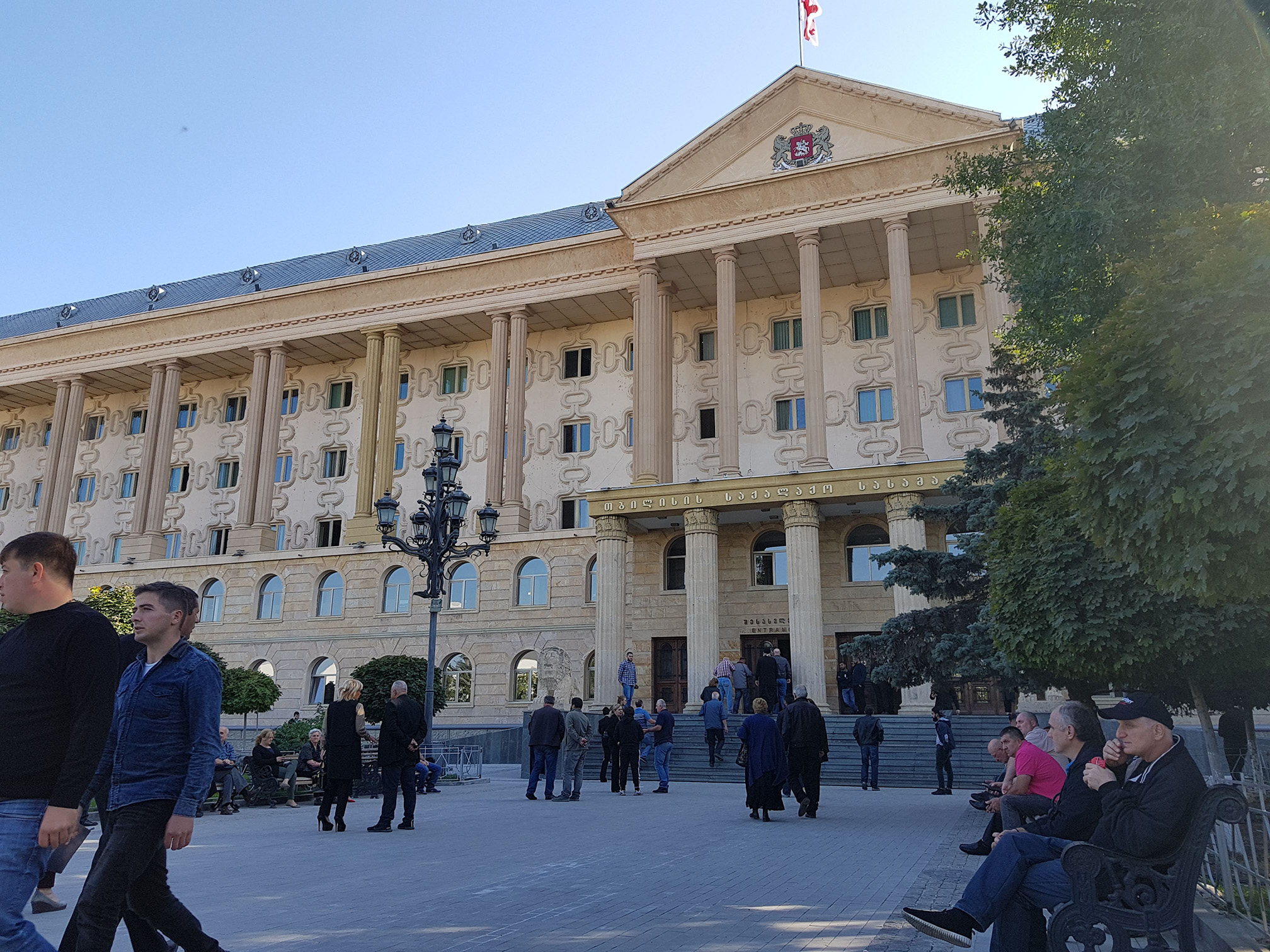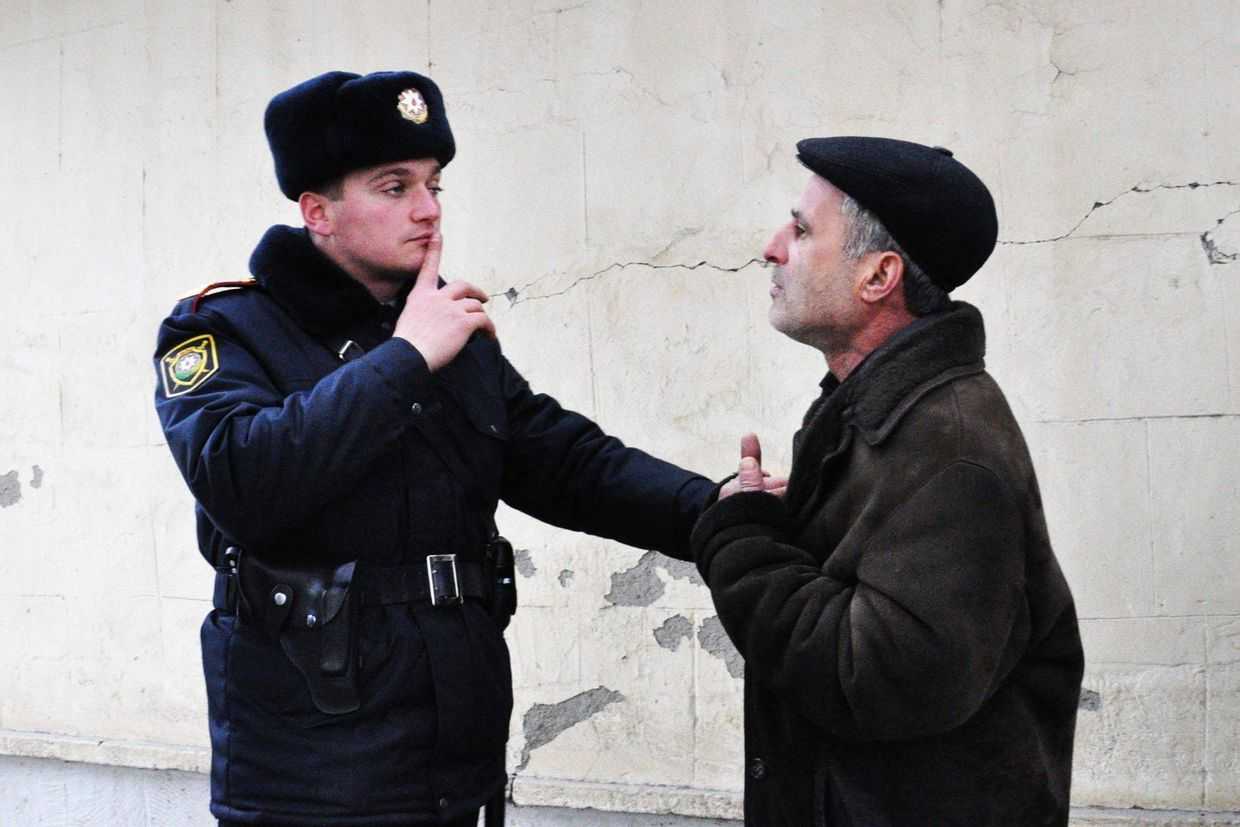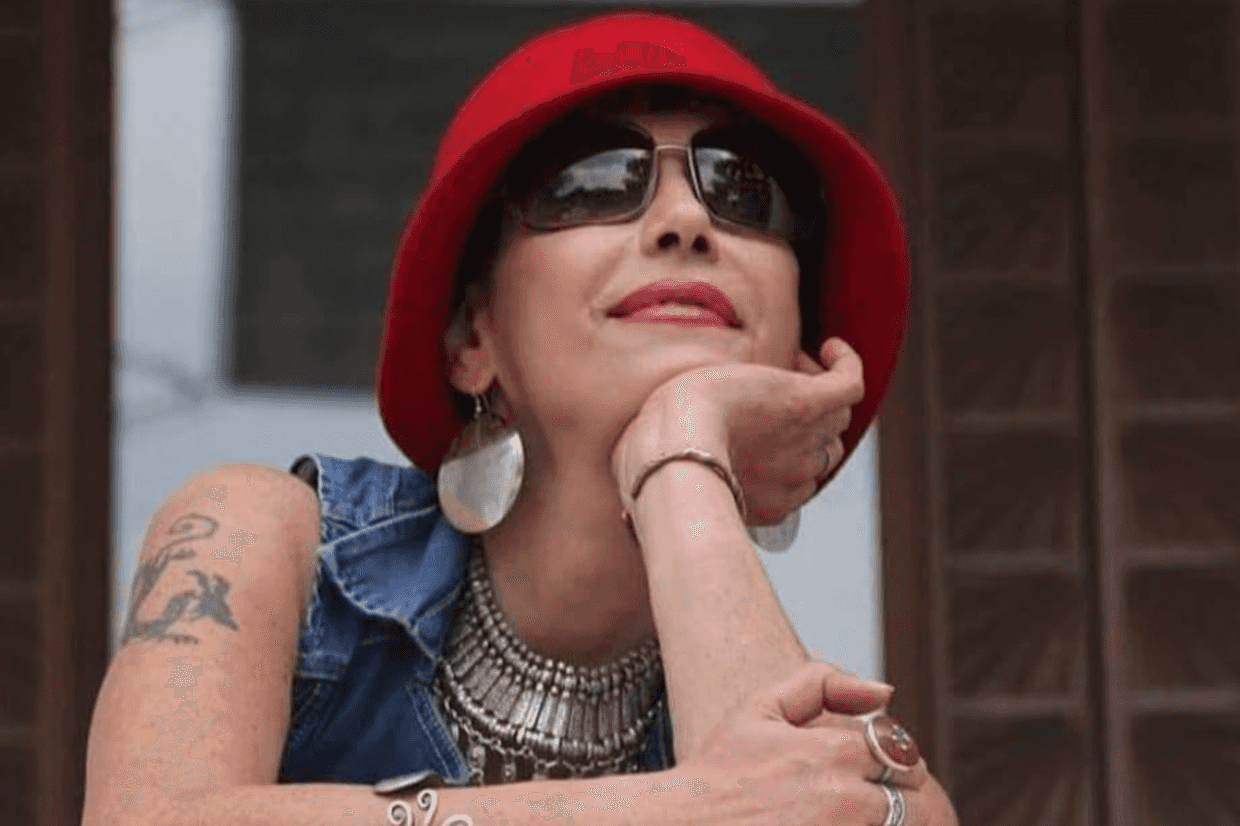

Several Georgian media advocacy groups have warned that a proposed defamation law put forward by the president could put freedom of speech in the country at risk. The groups pointed out that there are already legal mechanisms in place against defamation, and that any new restrictions would ‘endanger Georgia’s democratic development’.
Georgian officials began discussing the proposal after the leader of the Orthodox Church spoke out against ‘malicious use of free speech’.
Officials said the law would also target ‘fake news’. Members of the ruling Georgian Dream party have long accused leading opposition-leaning TV channel Rustavi 2 of disseminating false information.
The first Georgian official to propose the law was Georgian President Salome Zurabishvili, who announced at an 11 January press conference that she was coming up with a ‘moral initiative’ to tackle ‘an issue which has triggered a lot of turbulence in the Georgian society’.
‘We have to work in this direction’, Zurabishvili said, stressing that other European countries, such as France, ‘have adopted anti-defamation laws and the [French] constitutional court ruled it didn’t conflict with either freedom of expression or with basic human rights’.
Her announcement came after the Patriarch of the Georgian Orthodox Church, Ilia II, spoke in his Christmas Epistle of ‘attempts to normalise deteriorated perceptions of free speech’.
The Patriarch said that ‘free speech is one of the most important rights of the community, […] but unfortunately, reality is often distorted and freedom of speech is abused’.
‘Lies and obscenity have become ordinary occurrences. The most serious kind of a lie has become more common, an intentional deception — a slander — which is obscured so well that sometimes, at least initially, it deceives listeners’, the patriarch said.
MPs support anti-slander initiative
Zurabishvili’s proposal gained support among a number of key officials, with Parliamentary Chair Irakli Kobakhidze saying on 12 January that ‘we need to talk about obscenity, verbal abuse, and slander and if it’s possible to take measures [that do not infringe upon] within freedom of expression, we should take them’.
He said that ‘serious insults and obscenity, which can be seen daily on TV, in social networks, and elsewhere, don’t fit in Georgian culture’.
The parliamentary leader of the ruling Georgian Dream party, Archil Talakvadze, said on 13 January that discussions about the bill were not groundless as there was ‘ongoing hate speech that started in the election period and hasn’t stopped since’.
‘I’d like to tell our society that France has adopted a law against fake news. We will go through this law and probably hold meetings with the authors of this law. By all means, a decision we might make in the future will be considered with high standards of free speech in mind’, said Talakvadze.
What is the bill about
On 14 January, the president’s administration announced they would soon start consultations with NGOs and other interested parties about the initiative.
They said that freedom of speech was untouchable, but that ‘protection of one’s dignity is of absolute importance and all Georgian citizens should be protected from insults’.
The president’s press secretary, Khatia Moistrapishvili, said they had already started looking into the best international practices, and that they were not going to copy them, but create a ‘Georgian document’, which would be the first step towards ‘creating public peacefulness’.
Despite several statements having been made about the bill, it is still unclear what and how the proposed law would regulate.
Local media advocacy groups have said they fear the proposal might erode freedom of expression in Georgia from the ‘current high standard’.
In response to the proposed initiative, the Media Advocacy Coalition — a group of Georgian rights groups — issued a statement questioning the need for a new law, pointing out that the current legislation already allows the possibility to sue for defamation in court.
‘As a result of our society’s long-term efforts, the current legislation keeps a high standard of freedom of expression and it has always been deemed an accomplishment of Georgian Democracy’, the 13 January statement said.
‘We believe deeply that any legal amendment eroding the current standard of free speech will endanger Georgia’s democratic development’.
Is free speech in danger?
On Friday, Tbilisi Mayor and General Secretary of the Georgian Dream Party Kakha Kaladze accused opposition-leaning TV channel Rustavi 2 of deliberately spreading false information suggesting the Mayor’s Office was responsible for an apparent gas leak explosion in Tbilisi that killed 4 and injured 8 on Wednesday night.
[Read more about Wednesday’s deadly explosion in Tbilisi on OC Media: Gas leak’ explosion kills 4 and injures 8 in Tbilisi]
‘It’s not a novelty to suggest that Rustavi 2’s editorial policy is based on lies. We know this. We’ve caught them red-handed lying numerous times’, said Kaladze.
Tamar Kintsurashvili, the head of the Media Development Foundation, a local rights group advocating for freedom of speech and expression, told OC Media that in countries with transitional democracy, any limitation can be risky as they may be used to crack down on free speech.
‘Rustavi 2 is a good example as it has become unacceptable for the government because of its criticisms’, said Kintsurashvili.
She said attention should be paid to who was supporting the bill as ‘these are people who stand out with their hate speech and dissemination of false information’.
‘We are an exceptional country in this respect, where a very high standard of free speech has been set. It equals the American standard, where the idea is given absolute privilege. When you have such a high standard, discussing European standards are not relevant’, said Kintsurashvili.
Nata Dzvelishvili, the executive director of the Georgian Charter of Journalistic Ethics, a group observing professional standard in journalism, said she feared the proposed bill may be used by the government to punish critical media outlets.
‘The fears that the bill is intended to punish critical media are totally legitimate, as in countries with developing democracies like ours, any regulation used to limit freedom of expression is used as a tool for punishment’, Dzvelishvili told OC Media.
She said that any change in the legislation would worsen the current standards, which ‘find a good balance between freedom of expression and the right to honour and dignity’.
She also said that if officials wanted to improve standards, they should invest in strengthening the current mechanisms.
‘During the whole election period, the opposition and the ruling party accused each other of disseminating fake news. None of them has appealed in court for defamation. In our chamber of ethics, we have received only two appeals and even those came from the opposition. They would do better to strengthen existing mechanisms not make them stricter’, said Dzvelishvili.
Referring to fake news and French law Georgian officials have cited, Dzvelishvili said the bill in France was adopted because of the different circumstances and had not gone without criticism, and that it was ‘still unclear how it will affect free speech’.
‘The French law provides the possibility to have a court appeal if misinformation is disseminated deliberately and is aimed at influencing election outcomes. The reason for adopting this law was Russian propagandist channels. Our officials have not even mentioned Russian propaganda’, said Dzvelishvili.
American rights group Freedom House, which conducts research and advocacy on democracy, political freedom, and human rights, listed Georgia as only partly free in its 2018 Freedom in the World report.









